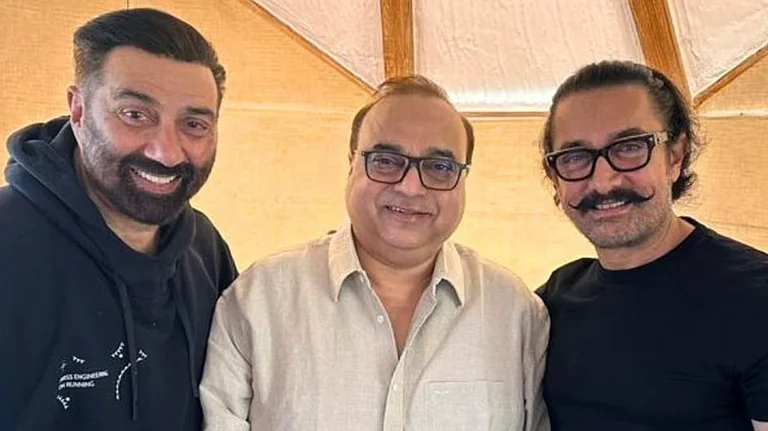Will it not live with the living? No. Why? Detraction will not suffer it.

Substitute ‘happiness’ for ‘honour’ in Falstaff’s catechism and it sounds wholly appropriate in this Kaliyuga. I think that is what the late medieval Malayalam poet Poonthanam meant when he wrote the famous lines in his classic Jnana-Paana ("paana" denotes a Malayalam metre): "The best of the four yugas is the Kali/How much (sukham) it is to win (mukti)." Scholars say this means it is easy to win mukti in the Kali, by the path of Bhakti, but I differ. Mukti is not so easily won. I’d prefer to read it as: "What happiness it is to win mukti in this age, and be out of it!"
Go by the media portraits, and the signposts to happiness are few and easily understood. Imprimis, a spouse who bulges in the right places (notably the pants pocket); then a cellphone, a 40" TV, a car which does more than you’ll ever need, and a chap in a lavender-coloured clown costume at the door waiting to give you your money back.
I’ve never had any of these. I’ve just been re-reading Trevanian’s Shibumi, in which the Basque poet Le Cagot says the wise man achieves happiness by "reducing his needs to the level of his possessions". It’s no new notion. Eighteen of the happiest months in my life were spent in rural Bihar. It may sound like reverse snobbery, but I can’t help that. My wife and I were honoured members of the community, no one tried or wanted to shoot us, and the nuns looked after us like friends. What more could we want? A Learjet?
It occurs to me that it is easier to be discontented in a city. Even the rich people where I live are happier than they’d be in Bangalore or Bombay. They have cleaner air to breathe, there is less violence, and the cable TV goes off more often, adding to the general contentment. Besides, practically everyone I know likes living on the land or next to it.
Of course, Kodagu (Coorg) is one of India’s beauty spots. It might not be as pleasant to live in the drought areas of Andhra, or in Kalahandi or the ghettos of Gujarat. These are areas people emigrate from to Mumbai. But do they do so in search of happiness? No. They are searching for substitutes for happiness.
For a living—a few hundred rupees a month, a tin or cardboard roof over their heads, some filthy water to drink and wash in, some rice and vegetables to keep them alive: all these cost more than a death from drinking pesticide. It’s a horrible death. My wife, a rural surgeon, has seen it more than once. But it is a choice between life and death that does not deprive you of the libe-rty to choose.
Or perhaps I’m being too rosy about it because it’s a choice which has not stood face to face with me. It’s true: I’ve never known unhappiness. Even when disappointed in love or war (ie, writing), I’ve always had an ego healthy enough to echo Scarlett O’Hara’s words. And I’ve never known the pure unhappiness of want.
Few who have will be reading this. You’re all at least happy enough for that. Or not unhappy enough. But what is pure happiness, and have I—have you—known it?
A mystic would say pure happiness is transcendence. A mystic-manque, on a more worldly plane, might say communion. A sybarite would say orgasm on Ecstacy. Myself, I have known nothing better than the writing of a good poem. It is, in Heller’s words, Better Than Sex.
Poonthanam wrote a good poem too, and it had to be better than sex because of what happened to his only child. It was the boy’s first-rice ceremony, at six months old, and as was the custom many dozen guests were invited. The baby was left unattended, sleeping in an unlit corner of the inner apartments. The women, as they changed, dropped their garments in the same corner. The baby was smothered to death.
So Poonthanam consoled himself in the Jnana-Paana: "When Unnikrishnan is playing within your mind/Is there need for other Unnis as sons?" (‘Unni’ connotes a little boy; ‘Unnikrishnan’ is the equivalent of ‘Balagopala’, but with more tenderness than I can translate.)
And that is a happiness I, a childless man, can happily understand.
(Vijay Nambisan is the author of Bihar is in the Eye of the Beholder, 2000; andLanguage as an Ethic, 2003)























